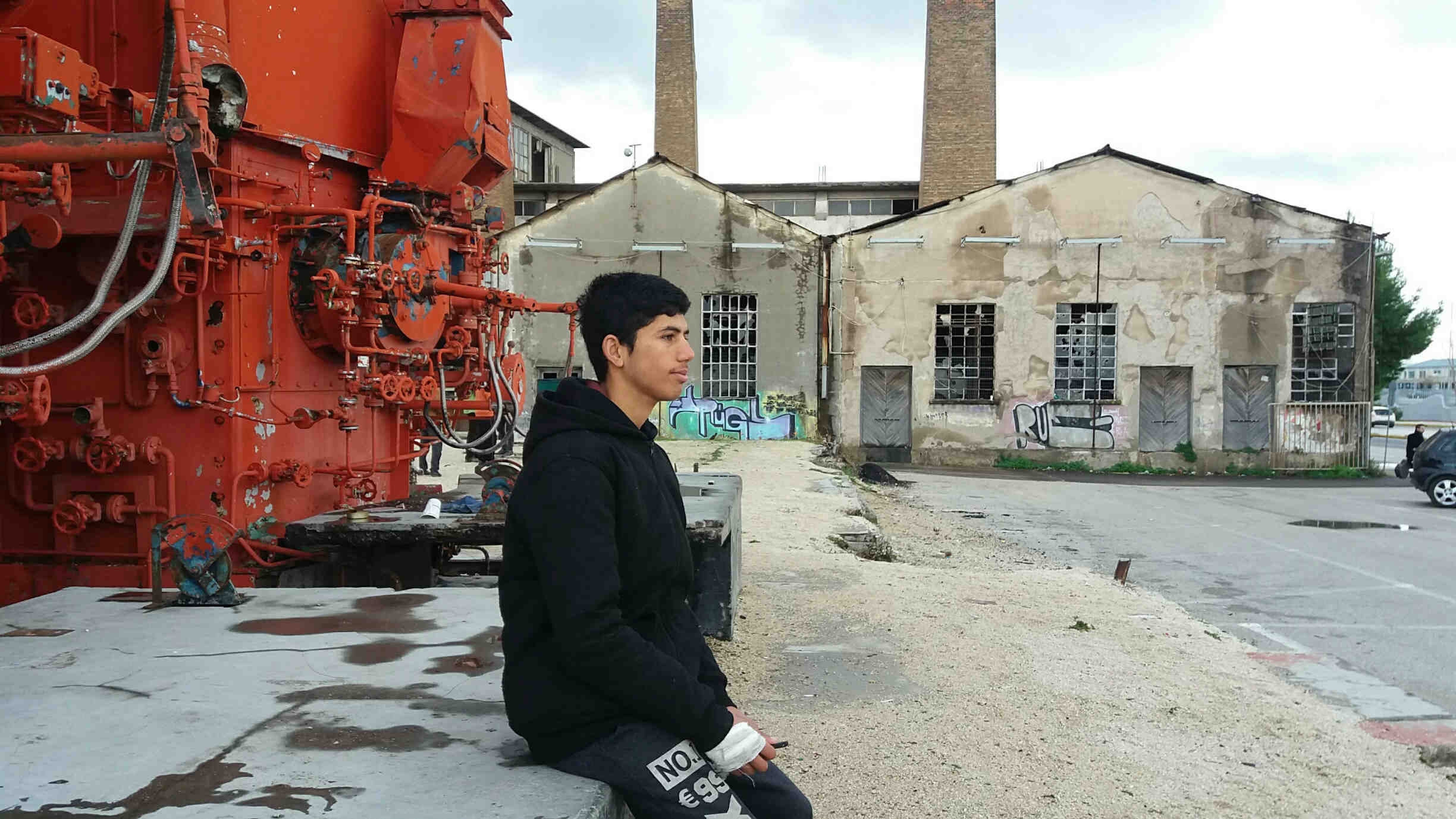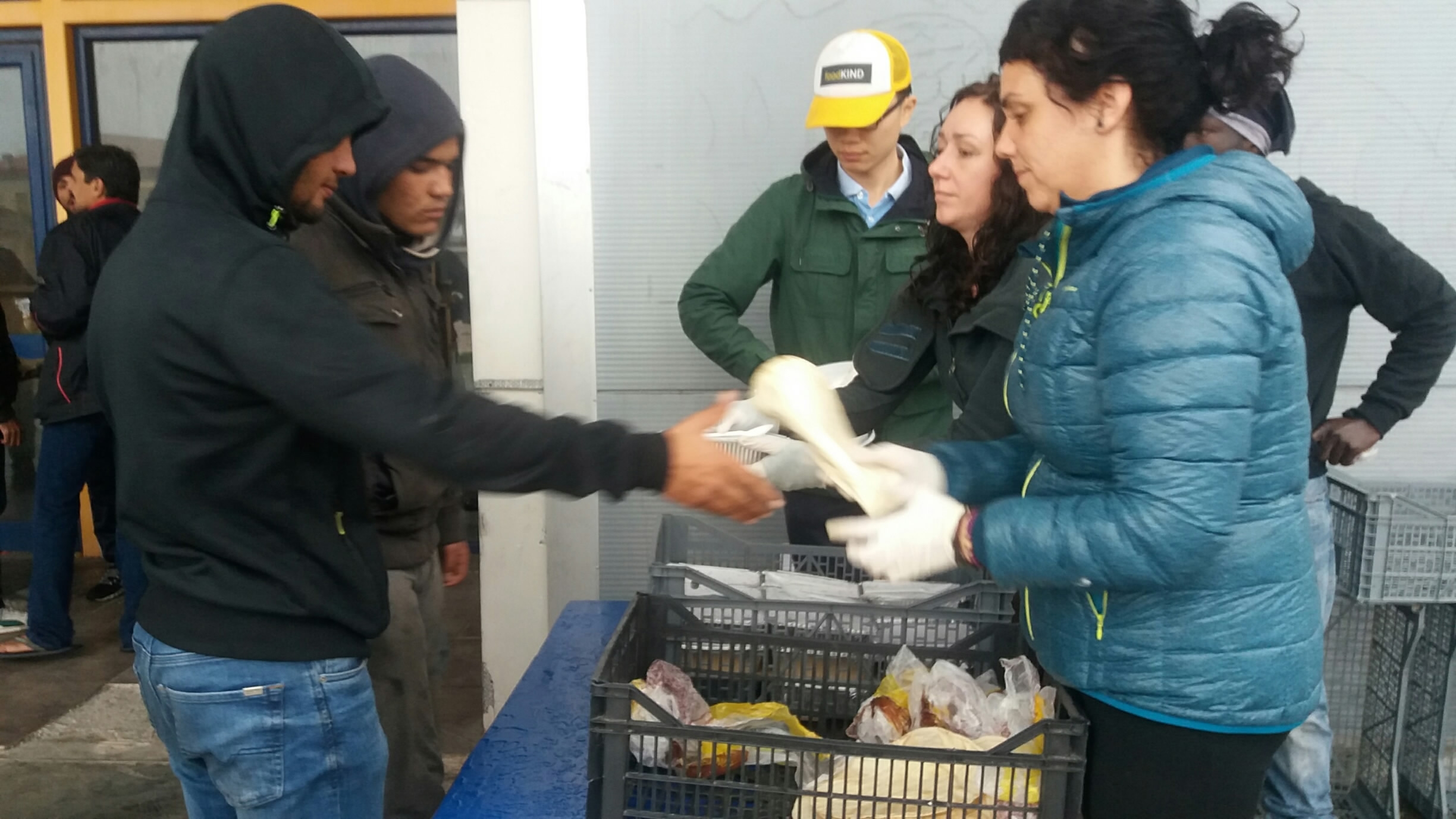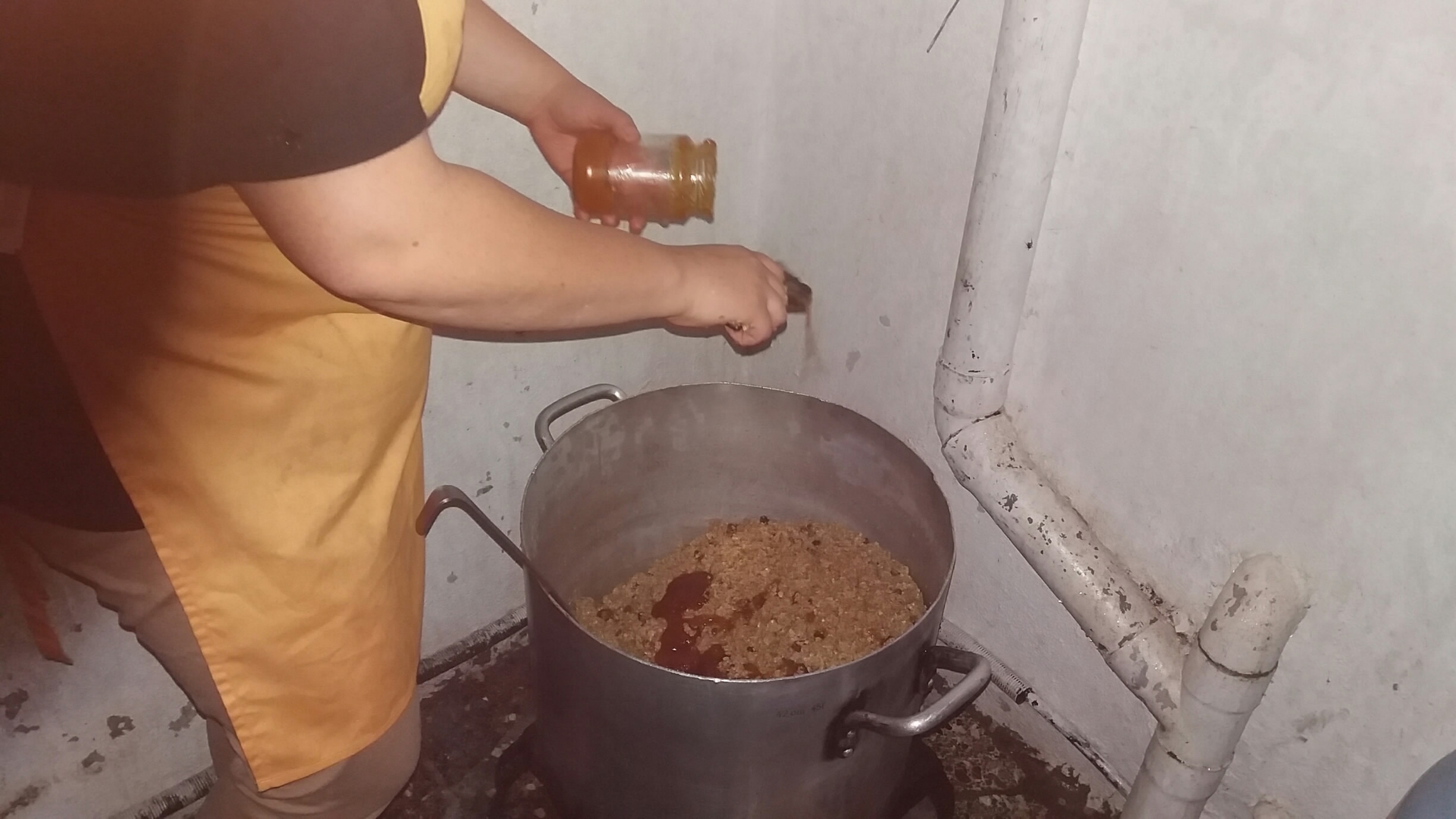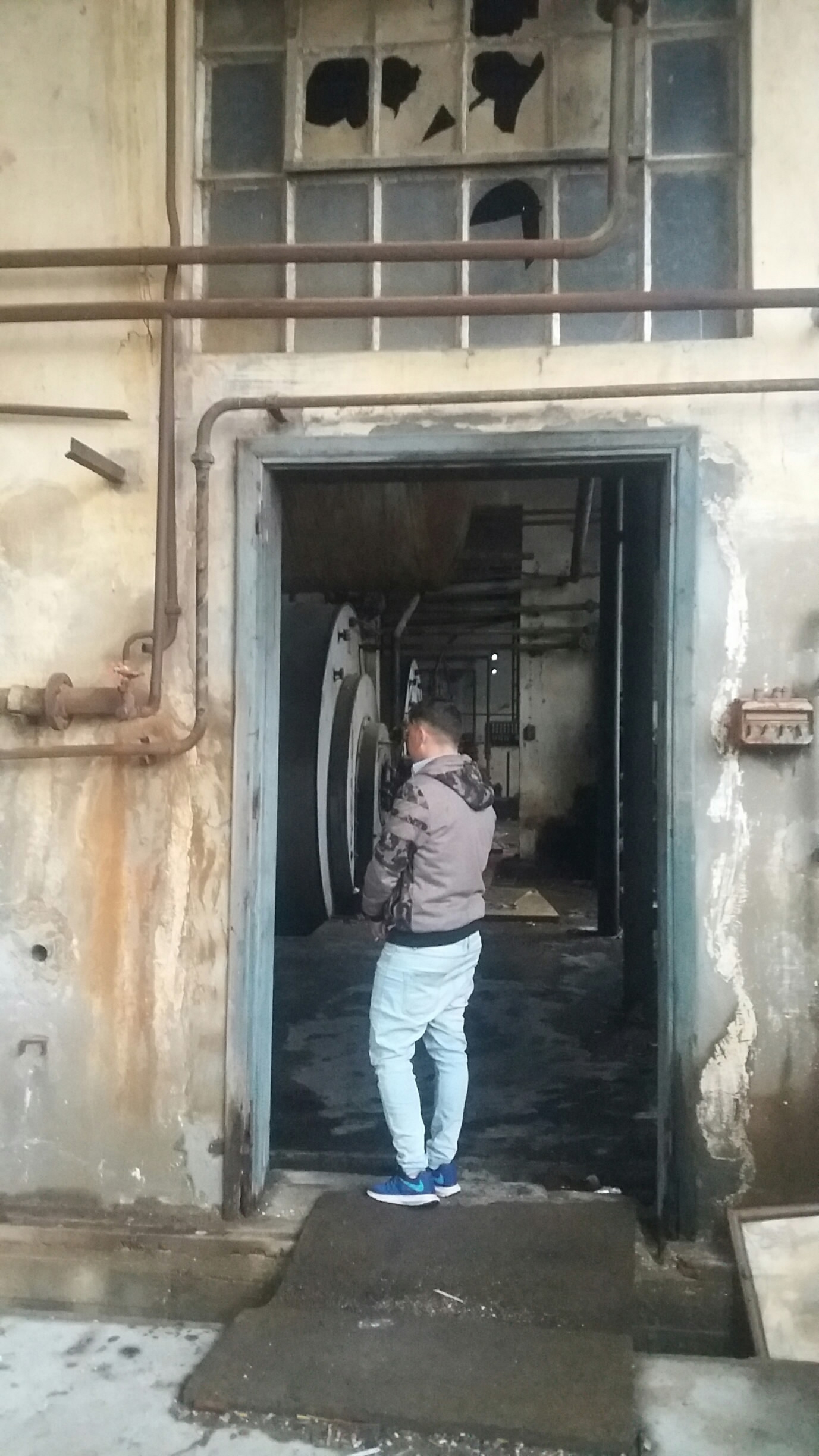
Politics
12:20, 20-Dec-2017
Reporter's diary: Patras, a port of hell on the route for refugees to Europe
By Filio Kontrafouri

I first heard about the city of Patras in Greece and the migrant men living in some of the city's abandoned factories around the port 11 years ago. These men's goals have always been the same: sneaking into an Italy-bound ferry and getting out of Greece.
It was also 11 years ago that, as I was travelling to Afghanistan, I met on the plane an Afghan man that had spent endless months in those abandoned factories. He never made it to Italy. Instead, it was in Patras that he became a drug addict and was now, as all other options dried out in Greece, voluntarily returning to Afghanistan.
"If you don't do drugs in Patras, there's no way you can bear life there," this young Afghan told me.
I remembered his words as I visited two infamous factories. The setting is almost surreal. Under collapsing roofs, there are tents and sleeping bags and huge piles of garbage everywhere you look.

FoodKind provides people living in the two factories freshly cooked food twice a day. The lunch shown is chickpeas with bread. /CGTN Photo
FoodKind provides people living in the two factories freshly cooked food twice a day. The lunch shown is chickpeas with bread. /CGTN Photo
Conditions are beyond unhygienic. Until recently, a number of the men living there were afflicted by scabies, in which mites burrow into the skin and lay eggs. They were all treated by local and volunteer doctors as well as Greece's Center for Disease Prevention and Control. Just days later, though, a volunteer doctor told me a newcomer with the skin condition had asked him for medicine. It was a matter of time before the disease would spread again.
Even more shocking were the photos these volunteer doctors showed me of young men with simple cuts left untreated growing into serious infections.
"This is medicine 1,000 years back," one doctor told me. "People were dying back then from simple things like that."
Malnutrition is also apparent among these transients. Melanie, a volunteer with FoodKind, an organization whose volunteers cook and bring lunch to both factories every day, has been able to add breakfast.
"This extra hot cup of tea, some flapjacks in the morning make a world of difference for these men," she said.

The food volunteers cook is bought with donations or is donated by people from as far as Spain. /CGTN Photo
The food volunteers cook is bought with donations or is donated by people from as far as Spain. /CGTN Photo
I understand what she means every time the food truck arrives and these young men storm out of the factory screaming and laughing.
"These men are like ghosts," a local doctor said to me. "Everyone knows about them, but they don't exist for anyone."
There are no bathrooms or showers, so the hundreds of young men use a water hose to wash up outdoors. Winter is setting in and the heavy rain has drenched every piece of wood around the factories. The men told me their main concern now is how to keep warm, how to shower out in the cold. Some don't even have shoes and are walking in the rain with flip-flops.

As winter sets in, the young men living in these abandoned factories are mostly worrying about how to survive the cold. /CGTN Photo
As winter sets in, the young men living in these abandoned factories are mostly worrying about how to survive the cold. /CGTN Photo
At night, there are fights that several times turn deadly. And then there are the beatings from the police and the smugglers.
A tall man once showed me a fresh bruise under his left eye. He said the police had kicked him in the face. Many of them also have bandaged wounds on their hands, painful reminders of another failed attempt to climb the fence and hide in a truck.
The men are friendly, curious and crave any human contact. Yet, it's the smugglers who control pretty much everything in those factories. It's they who oftentimes decide who gets in and for how long, who can speak to the media and who cannot. It was the smuggler with the stone-cold face and the winter cap that started beating the men with a stick as they were standing in line for breakfast because they had woken him up.
In the two factories I visited, among the approximately 400 men (most are from Afghanistan and Pakistan) are also 80 unaccompanied boys under the age of 17.
Georgia Tzanakou, a social worker with PRAXIS, said several of those boys had their asylum applications rejected.
Greek law requires unaccompanied minors to remain under the state's protection and live in special shelters. Though there aren't enough for them, convincing them to leave the factories is the biggest challenge for social workers.
"These boys don't care if they are beaten by police, abused by smugglers, not having enough food because they feel this is temporary and tomorrow they won't be here. So all this makes them not care about the worst thing that can happen to them."
And the worst thing that can happen is death. Still, all the young men I spoke to said they had no other option but to keep trying for a better life that for them begins on the other side of the port's fence.
7751km

SITEMAP
Copyright © 2018 CGTN. Beijing ICP prepared NO.16065310-3
Copyright © 2018 CGTN. Beijing ICP prepared NO.16065310-3